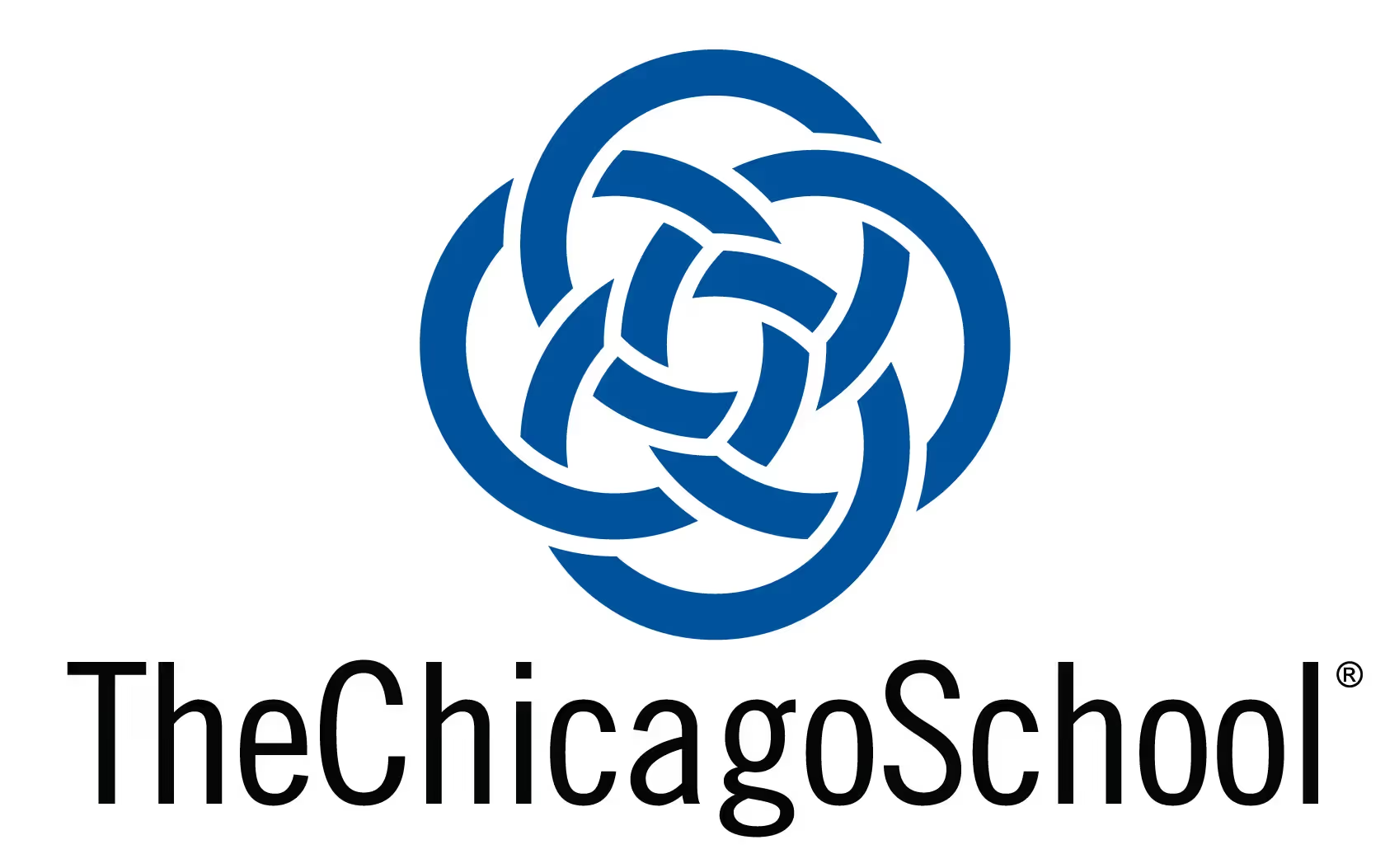At The Chicago School, the MA in Forensic Psychology program offers you the opportunity to explore the fascinating intersection of psychology and the legal system. This program equips you with the essential skills and knowledge needed to assess and understand the psychological elements at play in legal contexts. Whether you're aiming to start a new career or enhance your current role, this program supports you in making a meaningful impact within the justice system.


MA Forensic Psychology
The Chicago School, MA Forensic Psychology
Take your first step


We'll use your answers to match you with programs tailored to your timeline and goals.
Explanation of Sponsored Listings
Education Advisors partners with various educational institutions and receives compensation for featuring their programs on our platform (referred to as "Sponsored Schools" or "Featured Listings"). Here's what this means for you: The presence and positioning of Sponsored Schools on our website, including whether they appear as a match through our matching assistance algorithm and their order in search results and listings, may be influenced by the compensation we receive. Please note, our website does not provide an exhaustive list of all educational institutions within the United States or specific geographic regions, nor do we list all available programs. By submitting your information or agreeing to be contacted by a Sponsored School, you are under no obligation to apply or enroll. Our primary goal is to help you make informed decisions about your education with confidence. At Education Advisors, we strive to offer comprehensive information and resources to guide your educational journey. Our commitment to providing free, high-quality information supports prospective students in exploring and achieving their educational goals.
Explore the exciting field of forensic psychology with the MA Forensic Psychology program at The Chicago School. This program provides you with a rich understanding of the intersection between psychology and the legal system. You'll gain insights into crucial areas such as criminal behavior analysis, psychological assessments, and the ethics of forensic work. The curriculum emphasizes collaboration by integrating theoretical knowledge and practical skills, preparing you for a meaningful career in various settings, including law enforcement agencies, correctional facilities, and mental health centers.
Your journey in this program involves learning to effectively communicate with diverse populations while tackling real-world challenges. The program supports growth by offering hands-on training through internships and case studies. By the time you graduate, you'll be equipped to work with legal professionals, conduct evaluations, and advocate for mental health within the justice system. This is a unique opportunity to make a positive impact and lead change in a critical field. With encouragement and support from experienced faculty, you're set to embark on a fulfilling career path.
By completing The Chicago School's MA in Forensic Psychology, you open doors to diverse career paths, such as forensic mental health consultant, victim advocate, or law enforcement advisor. This program equips you with the skills to work in settings like correctional facilities, government agencies, or private practice. It also provides a strong foundation for those considering future doctoral studies, ensuring you are well-prepared for the dynamic and impactful world of forensic psychology.
According to the U.S. Bureau of Labor Statistics (BLS), the job outlook for psychologists, which includes those with a specialization in forensic psychology, is projected to grow 6 percent from 2022 to 2032. The median annual wage for psychologists was $105,780 in May 2022. Typically, the lowest 10 percent earned less than $54,070, while the highest 10 percent earned more than $144,710.
Source - https://www.bls.gov/ooh/life-physical-and-social-science/psychologists.htm
The MA in Forensic Psychology program at The Chicago School typically requires two years of full-time study to complete. Part-time learners might take longer, but the program is flexible to accommodate different schedules and commitments.
In order to pursue The Chicago School's MA Forensic Psychology degree program, you must meet the following requirements:
- A bachelor's degree from an accredited institution
- Official transcripts from all colleges/universities previously attended
- A minimum GPA as specified by the program
- Letters of recommendation
- A statement of purpose outlining your interest in forensic psychology
- Relevant work or volunteer experience in the field
- GRE scores (optional at some institutions)
These requirements are essential for ensuring that you are prepared for the academic rigor and professional expectations of the program. If you meet these criteria, you can take the first step towards a rewarding career in forensic psychology.














.svg)




